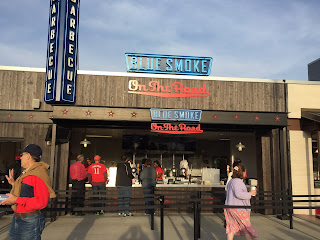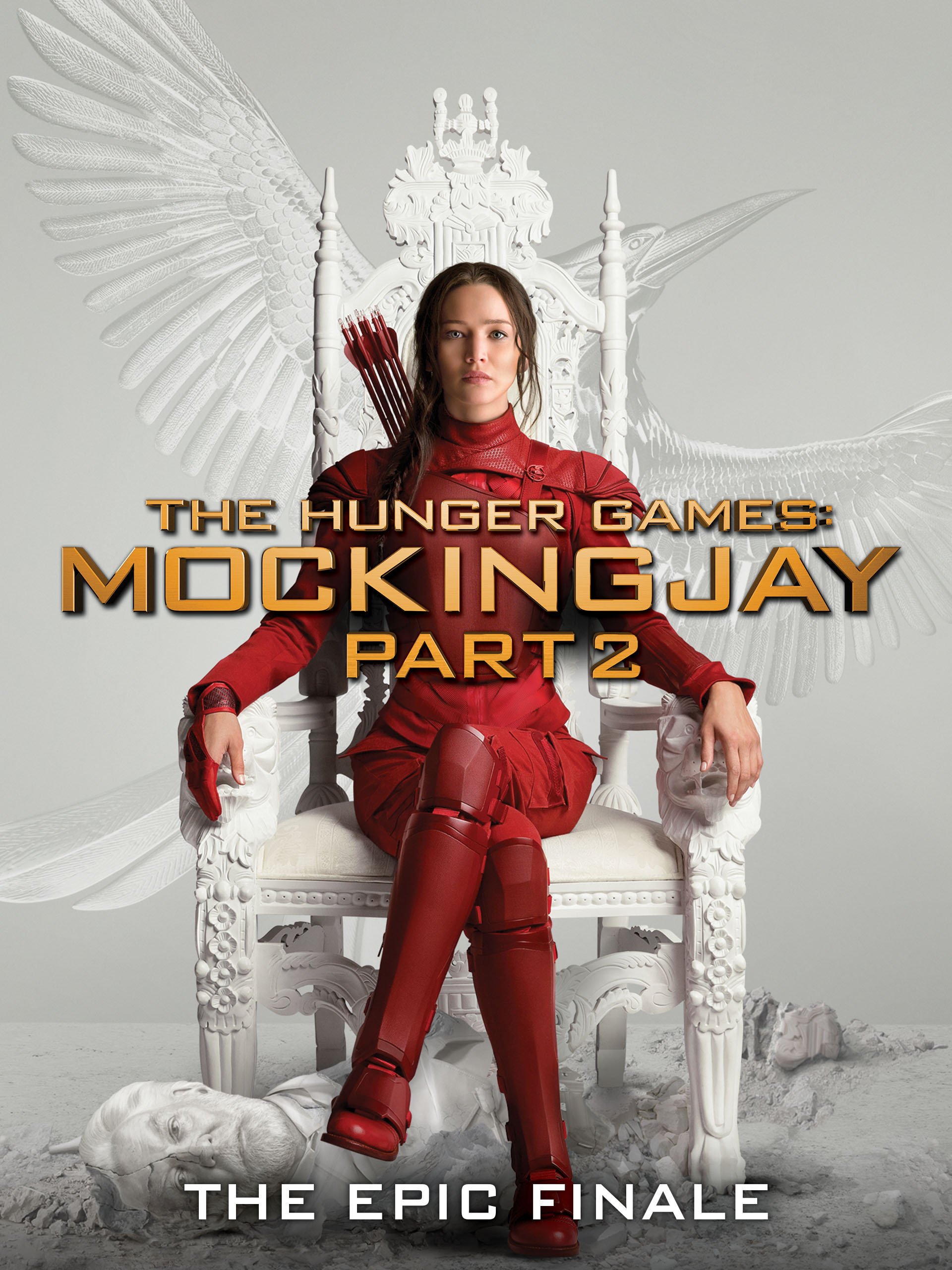When I graduated college, I had no aspirations of seeing Europe, the Seven Wonders (pick any of them, I'm sure there's like eight sets of Seven Wonders), mountains, or jungles. No, all I wanted to do was just wanted to see the 30 Major League Baseball stadiums. That might seem pretty bland (or "fitting", depending on your impression of me), but that's just who I am.
Yet, despite having a then-girlfriend-now-wife who has always been fond of traveling and enjoys going to baseball games, eight years passed without me seeing a new baseball stadium. In addition to U.S. Cellular, I've been to Wrigley, Progressive, Kauffman, Miller, and the Rogers Centre (the Skydome when I visited).
I had a work conference in Washington and the Nationals were playing the Braves, so I thought this would be the perfect opportunity to finally cross a new one off the list. Here's notes on my experience at Nationals Park:
- The park has a very clean, new, yet unremarkable look to it. It was a pleasant place to be but it was certainly lacking in a "wow" factor. The outfield deck had plenty of bar/seating areas as well as ledges overlooking the park for you to eat and drink.
- The center field entrance gate:

- Views from my seat:


- The pitching matchup was Max Scherzer vs. Bud Norris, which seemed pretty one sided, but neither guy was on his game. Crooked numbers were posted in each of the first three half-innings.
- A.J. Pierzynski came to the plate in the top of the first and delivered a 2-run double off Scherzer. The dude can still hack it at the plate and this warms my heart.
- The hometown crowd LOVES Dusty Baker. This might be a "Not Matt Williams" effect, but he was cheered whenever he showed his face over the dugout. He also replied to the fans with a kind smile and wave. If he wasn't such a fucknuts with baseball decisions, I could see really loving rooting for Dusty Baker.
- The P.A. announcer was very unremarkable. On a scale of one to Gene Honda, I give him one-and-a-half stars.
- The Nats show the artist and title of each player's walk-up music. I think this is a great feature.
- On the subject of walk-up music, possibly my favorite choice was that of Wilson Ramos. He walks up to "Wilson" by Phish. The crowd chants "WIIILLLL-SSSOONNN" along with the music. An extra bonus: Ramos went 4-4 with 2 RBI, so the Wilson Ramos experience was thoroughly enjoyable.
- Bryce Harper walks up to "The Best Is Yet to Come" by Frank Sinatra. If the best is yet to come for Bryce Harper, we're talking about an inner-circle Hall of Famer.
- The Nationals' ushers don't let you walk down the aisles to your seats during an at-bat. I like this rule.
- Food! The Cell certainly beats the hell out of most ballparks when it comes to food. I asked for some advice in the RRRR regarding what to eat. At the suggestion of a South Side Sox commenter, I found the Island BBQ stand in centerfield that served jerk pork ribs and plantains.

- I could have done with more sauce and seasoning, but these were worth it, especially because I usually don't branch out at ballparks for food that much. I enjoyed these from a neat outlook point in center field.

- The beer selection was just "eh". I drank mostly Goose Island IPA. It's a bit disappointing that I went with a Chicago beer in Washington, but the only interesting-looking thing they had that I never tried before was a stout, and I wasn't in the mood for a stout.
- I then got a burger from Steak Shack. This is the Smoke Stack burger with bacon, cherry peppers, and Shack Sauce. No cheese. Sorry I'm not sorry. The lighting's not great. Sorry I am sorry.

- "Root, root root for the NATIONALS" had a really bad ring to it during the 7th inning stretch. There really was never meant to be a third syllable there.
- Jonathan Papelbon was actually booed by a decent portion of the hometown crowd when he came on to pitch. He got the save, but all three outs were hard lineouts, one to each outfielder.
- The last out of the game? None other than Gordon Beckham, who pinch-hit in the pitcher's slot. I was quiet for most of the game being alone in an unfamiliar city, but I felt just fine giving him an earful. It was the only time I can remember cheering for Jonathan Papelbon. The Nats won 6-4.
- This was the first time I've ever been to a baseball game alone. It was an interesting experience being able to wander around as I pleased without regard to whether I was spending enough time with others. I'd much rather go to games with other people but there was a certain liberating aspect to it.
More pictures that I took:














